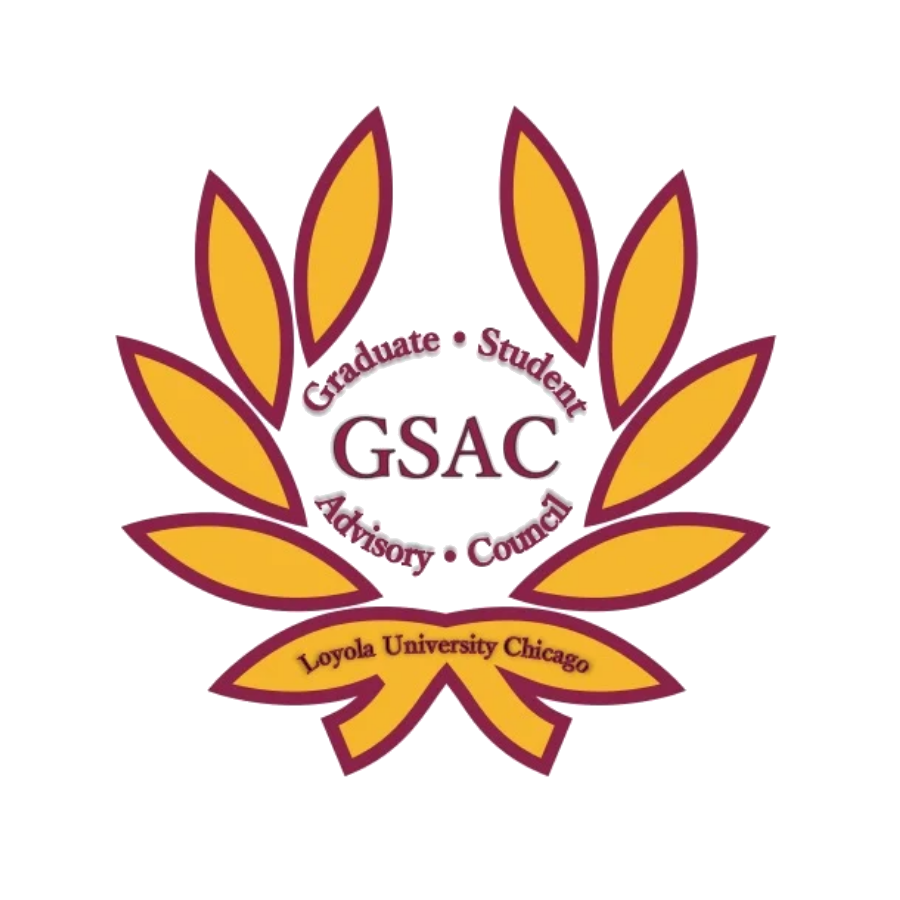Loading...
Submission Type
Poster
Degree Type
PhD
Discipline
Social Sciences
Department
Psychology
Access Type
Open Access
Abstract or Description
Multicultural competencies for school psychologists: A systematic review of measures
Abstract
The rationale for school psychologists to become culturally competent is compelling. The demographics of USA’s population is rapidly becoming racially/ethnically/culturally and linguistically diverse. Yet the field of school psychology is markedly lacking in diversity. With the significant racial, linguistic and cultural gaps between school psychologists and the populations they serve, it is critical that all school psychologists develop the competency, sensitivity, and knowledge of cultural diversity, to best serve students. Multicultural competence refers to knowledge, sensitivity and skills needed to work effectively with individuals and families from diverse backgrounds in terms of race, ethnicity, language, religion, socioeconomic status, gender, sexual orientation and exceptionality. Professional organizations such as the National Association for School Psychologists and the American Psychological Association have clearly mandated the inclusion of multicultural competencies in psychological practice. Despite this endorsement of culturally competent practice, gaps exist between literature and translation of multicultural competencies into school psychology training and practice. As the literature base for multicultural competence in school psychology continues to accrue, assessment tools to evaluate multicultural competence are also emerging. This poster presents a systematic review of established and emergent measures that the practitioner or school psychology student can use to self-assess their progressing multicultural competence, identify areas for growth and develop goals to address these areas. This review examines key information about available scales: the competencies assessed, their psychometric qualities, evidence on their applicability, and information about their accessibility.
Powerpoint Download
Creative Commons License

This work is licensed under a Creative Commons Attribution-Noncommercial-No Derivative Works 3.0 License.
Multicultural competencies for school psychologists: A systematic review of measures
Multicultural competencies for school psychologists: A systematic review of measures
Abstract
The rationale for school psychologists to become culturally competent is compelling. The demographics of USA’s population is rapidly becoming racially/ethnically/culturally and linguistically diverse. Yet the field of school psychology is markedly lacking in diversity. With the significant racial, linguistic and cultural gaps between school psychologists and the populations they serve, it is critical that all school psychologists develop the competency, sensitivity, and knowledge of cultural diversity, to best serve students. Multicultural competence refers to knowledge, sensitivity and skills needed to work effectively with individuals and families from diverse backgrounds in terms of race, ethnicity, language, religion, socioeconomic status, gender, sexual orientation and exceptionality. Professional organizations such as the National Association for School Psychologists and the American Psychological Association have clearly mandated the inclusion of multicultural competencies in psychological practice. Despite this endorsement of culturally competent practice, gaps exist between literature and translation of multicultural competencies into school psychology training and practice. As the literature base for multicultural competence in school psychology continues to accrue, assessment tools to evaluate multicultural competence are also emerging. This poster presents a systematic review of established and emergent measures that the practitioner or school psychology student can use to self-assess their progressing multicultural competence, identify areas for growth and develop goals to address these areas. This review examines key information about available scales: the competencies assessed, their psychometric qualities, evidence on their applicability, and information about their accessibility.



